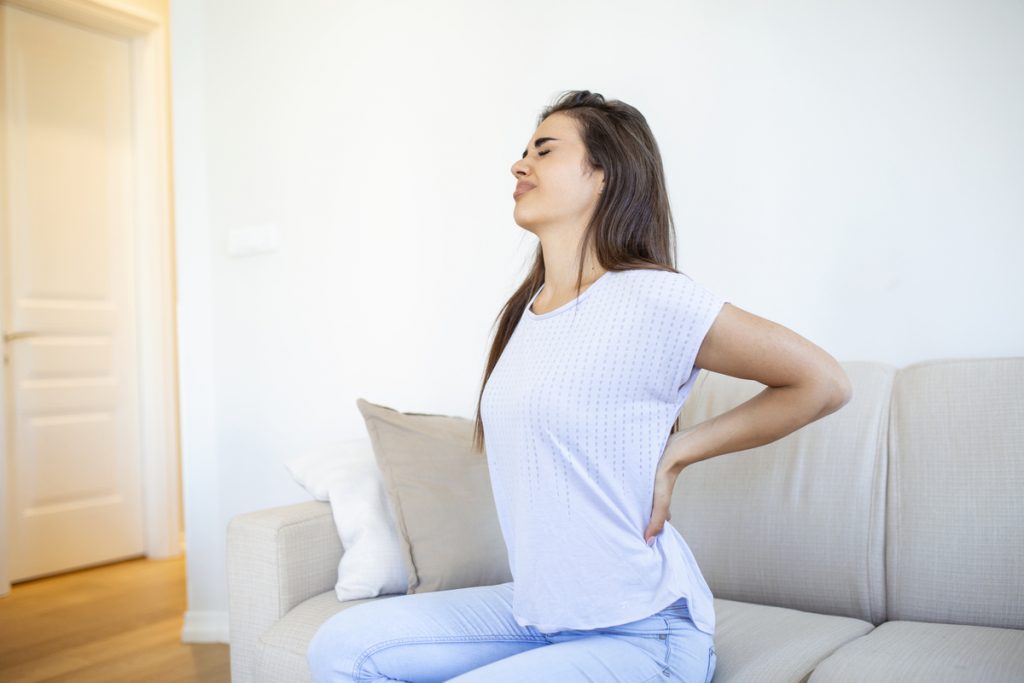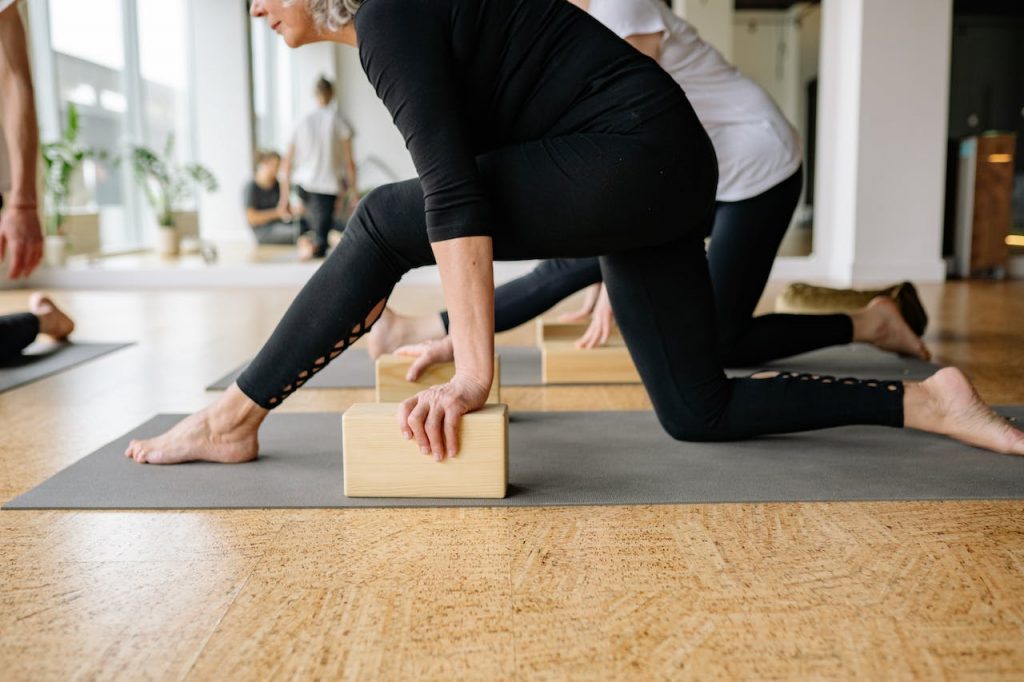Living with arthritis can be challenging, but yoga offers a gentle yet effective way to improve flexibility, reduce pain, and enhance overall well-being. Combining mindful movement with deep breathing, yoga helps manage arthritis symptoms by promoting joint mobility and reducing inflammation. This ancient practice is not just about physical benefits—it also fosters mental clarity and relaxation, offering a holistic approach to living better with arthritis. Whether you’re a beginner or an experienced practitioner, yoga can be tailored to meet your specific needs, helping you find relief and regain control of your body. Dr. Humeira Badsha, Founder and Board Member Middle East Arthritis Foundation tells us more.
Arthritis, often mistaken as a natural part of aging, is a debilitating condition affecting over 350 million people worldwide, including one in five individuals in the UAE. In the Middle East, where climate and lifestyle can exacerbate symptoms, finding effective management strategies is crucial. Yoga, a mind and body practice rooted in ancient Indian philosophy, may be the key to alleviating pain and enhancing overall well-being.
The word “yoga” means “union,” reflecting the practice’s focus on integrating the mind, body, and spirit. Regular yoga practice can lead to numerous health benefits, particularly for those suffering from rheumatoid arthritis (RA). Research indicates that yoga, along with other dynamic exercises like Tai Chi, can ease arthritis symptoms and provide additional advantages such as reducing heart rate, lowering blood pressure, and alleviating anxiety and depression.

When combined with good medical care, yoga can significantly enhance physical and psychological health for arthritis patients. Many individuals with RA who have embraced yoga consider it a vital component of their lifestyle and disease management. However, it’s essential to consult a doctor before starting, to discuss any limitations or restrictions specific to your condition.
Finding the right instructor is equally important. Look for a teacher experienced in working with arthritis patients, ideally one registered with the Yoga Alliance. A qualified instructor will know how to adapt poses to accommodate your needs, ensuring safe practice. Beginners might benefit from private sessions with a yoga therapist to learn modifications before joining group classes.

Certain yoga styles are particularly beneficial for those with RA. Iyengar Yoga emphasizes precision and alignment, often using props to maintain proper posture without straining joints. Hatha Yoga is typically slower paced, allowing for modifications and including breathing practices and relaxation. Restorative Yoga focuses on deep relaxation, holding poses for extended periods with support from props to enhance comfort. Conversely, some styles should be avoided. Bikram Yoga, practiced in a hot environment, can be overly strenuous and is unsuitable for those with joint issues. Similarly, Vinyasa classes, characterized by quick transitions between poses, may not allow sufficient time for modifications.

Dr. Humeira Badsha and Mr. Vishwas Chhabra co-authored one of the first studies on the benefits of yoga for rheumatoid arthritis, showing that a 12-week yoga program led to significant improvements in pain and inflammation compared to standard exercise. This groundbreaking research was published in a peer-reviewed journal and highlights yoga’s potential to provide both physical relief and emotional resilience. As we observe World Arthritis Day on October 12, it’s essential to recognize organizations like the Middle East Arthritis Foundation for their support and educational efforts. Additionally, yoga’s practices of deep breathing and meditation engage the parasympathetic nervous system, calming the body’s stress responses and helping to reduce inflammation, ultimately improving the quality of life for those managing arthritis.

